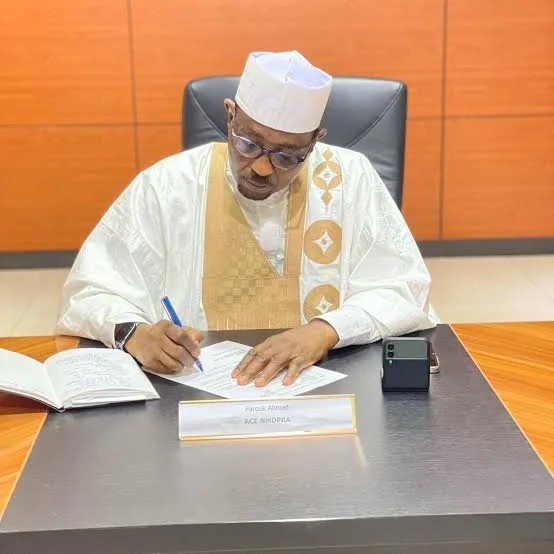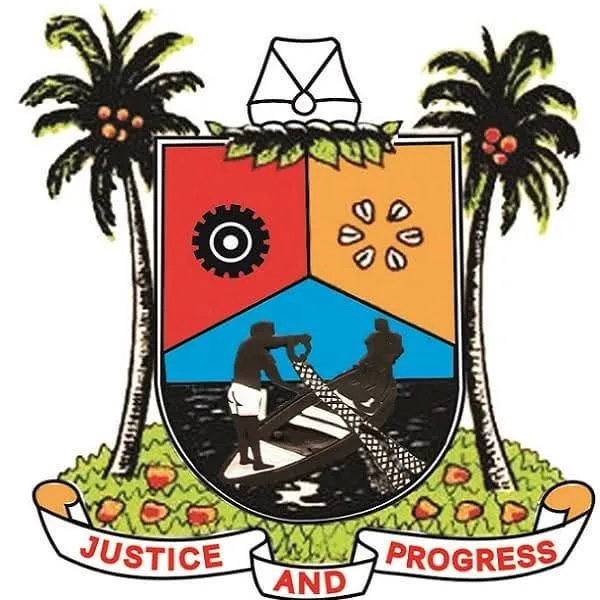NMDPRA CEO Faces Allegations Over Children’s Foreign Education
Groups Question Use of Public Funds
Public interest groups and anonymous sources have raised concerns over the financial decisions of Engineer Farouk Ahmed, Chief Executive of the Nigerian Midstream and Downstream Petroleum Regulatory Authority (NMDPRA).
They allege he used public funds to sponsor his children’s education in some of the world’s most prestigious schools abroad.
Children Allegedly Schooled in Elite Institutions
According to multiple reports, Ahmed’s children—Faisal, Farhana, Ashraf, and Farouk Jr.—attended elite institutions in Switzerland and India.
Faisal studied at the European University in Montreux, later securing a sales role at Oando in Nigeria.
In addition, Farouk Jr. reportedly attended Aiglon College, a school that charges fees over N300 million annually.
Claims of Excess and Inequality
Sources described the spending as excessive, especially given the economic hardship facing host communities in Nigeria’s oil-producing regions.
Furthermore, critics argue that children in these regions lack access to basic education, unlike Ahmed’s children.
While many struggle, Ahmed’s children reportedly enjoy access to exclusive institutions and international opportunities.
Ashraf and Farhana’s Educational Paths Raise Eyebrows
Ashraf studied at Institut Le Rosey, a school reputed for its global elite network and premium fees.
Tuition, room, and board at Le Rosey reportedly cost over N230 million per year, excluding other expenses.
Ashraf is also said to be pursuing an MBA at Harvard University, further raising public interest in the family’s funding sources.
Farhana, the youngest, is reportedly enrolled at La Garenne International School in the Swiss Alps. She also studied at NIIT in Pune, India.
Accusations and Public Demands Mount
Although the accusations remain unproven, public calls are growing for a full audit of NMDPRA’s financial records.
Many civic groups are urging government agencies to investigate and ensure public resources are not misused.
They argue that such investigations could restore public trust and reinforce transparency in public service.
Conclusion: Call for Accountability
Civil society continues to monitor the situation. They stress the importance of holding public officials to high standards.
Although the claims are serious, proper inquiry is needed before drawing conclusions.
For now, attention remains on NMDPRA and its leadership, with expectations rising for government response.





